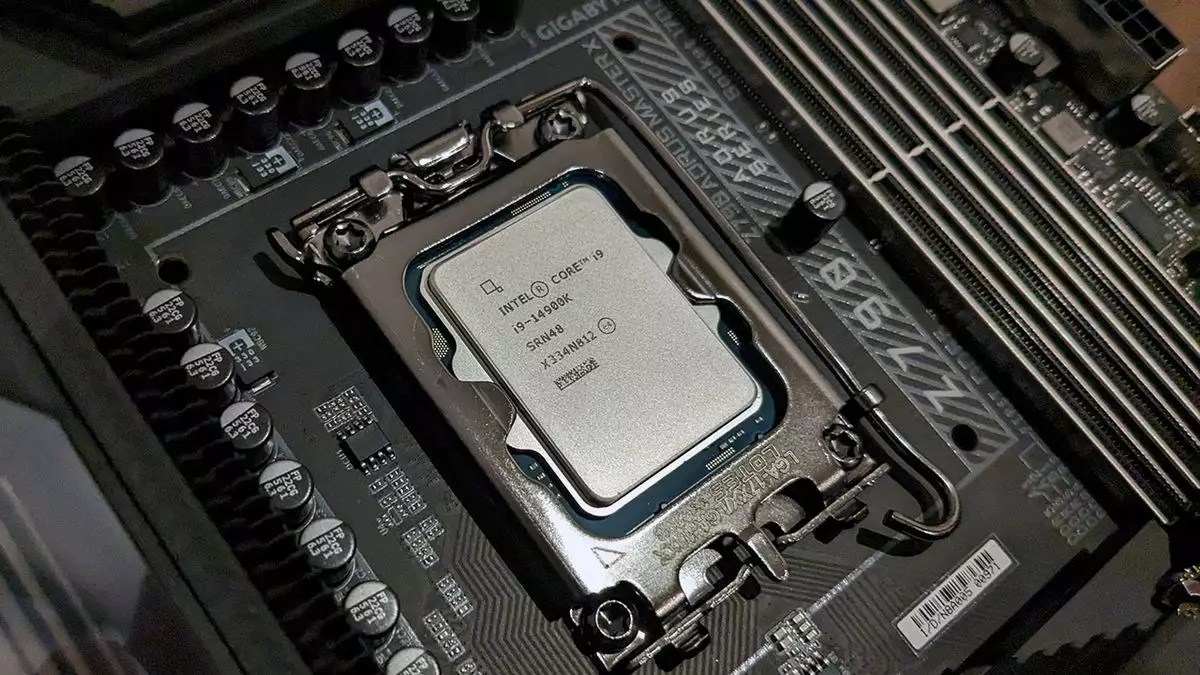Recently, there have been significant stability issues affecting Intel’s 13th and 14th Gen processors. The situation has been closely monitored by industry experts and consumers alike, with concerns raised about the potential impact on performance and reliability. While Intel has been working diligently to address these issues, questions still linger about the future of their processor lineup.
Intel has been proactive in investigating and resolving the Vmin Shift Instability issue that has plagued their recent processor generations. In a recent blog post, Intel announced that their upcoming processors, codenamed Arrow Lake and Lunar Lake, will not be affected by this instability problem. This news comes as a relief to many, as a recurrence of such issues would have been detrimental to Intel’s reputation and market position.
The blog post also reassured owners of 12th Gen, 13th Gen, and 14th Gen mobile processors, as well as i3 and i5 (non-K) processors, Xeon processors, and Core Ultra Series 1 processors that they are not impacted by the Vmin Shift Instability issue. This proactive approach by Intel demonstrates their commitment to customer satisfaction and product reliability.
Despite the reassurances provided by Intel, questions still remain about the impact of these stability issues on the overall performance of their processors. It remains to be seen if any compromises were made in terms of next-gen performance to ensure stability. Additionally, the architectural and platform-level changes implemented by Intel raise questions about the long-term implications for their processor lineup.
As Intel prepares to launch its new processor families in the coming weeks, consumers and industry experts will be closely monitoring the performance and stability of these products. Intel’s ability to address and resolve the stability issues with their current processors will be a key factor in determining their future market success and consumer confidence.
While Intel has faced challenges with stability issues in their recent processor generations, their proactive approach to addressing these issues is a positive sign for the future. By focusing on product reliability and customer satisfaction, Intel aims to regain consumer trust and secure their position in the competitive processor market. As the launch of their new processor families approaches, all eyes will be on Intel to deliver on their promises of stability and performance.


Leave a Reply